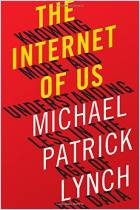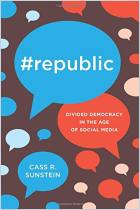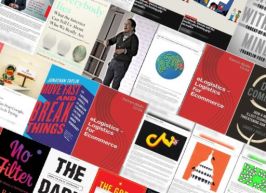
Book
The Filter Bubble
What the Internet Is Hiding from You
Read or listen offline
Amazon Kindle
auto-generated audio
1×
Log in to listen to the audio summary.
auto-generated audio
Recommendation
MoveOn.org president Eli Pariser’s text is hypnotic, and its implications are far-reaching. He examines how personalization on the Internet shapes what people read and think. Pariser’s treatise is frequently amusing, but more often disturbing. Since the web’s increasingly individually tailored content affects every area of daily life, getAbstract recommends this book to Internet users (and that’s just about everyone now), plus futurists, technologists, and those interested in truth, ethics, and contentment.
Summary
About the Author
Eli Pariser, board president of MoveOn.org, is a senior fellow at the Roosevelt Institute.
Learners who read this summary also read
Book
Book
Book
Book
Book
















Comment on this summary or Start Discussion